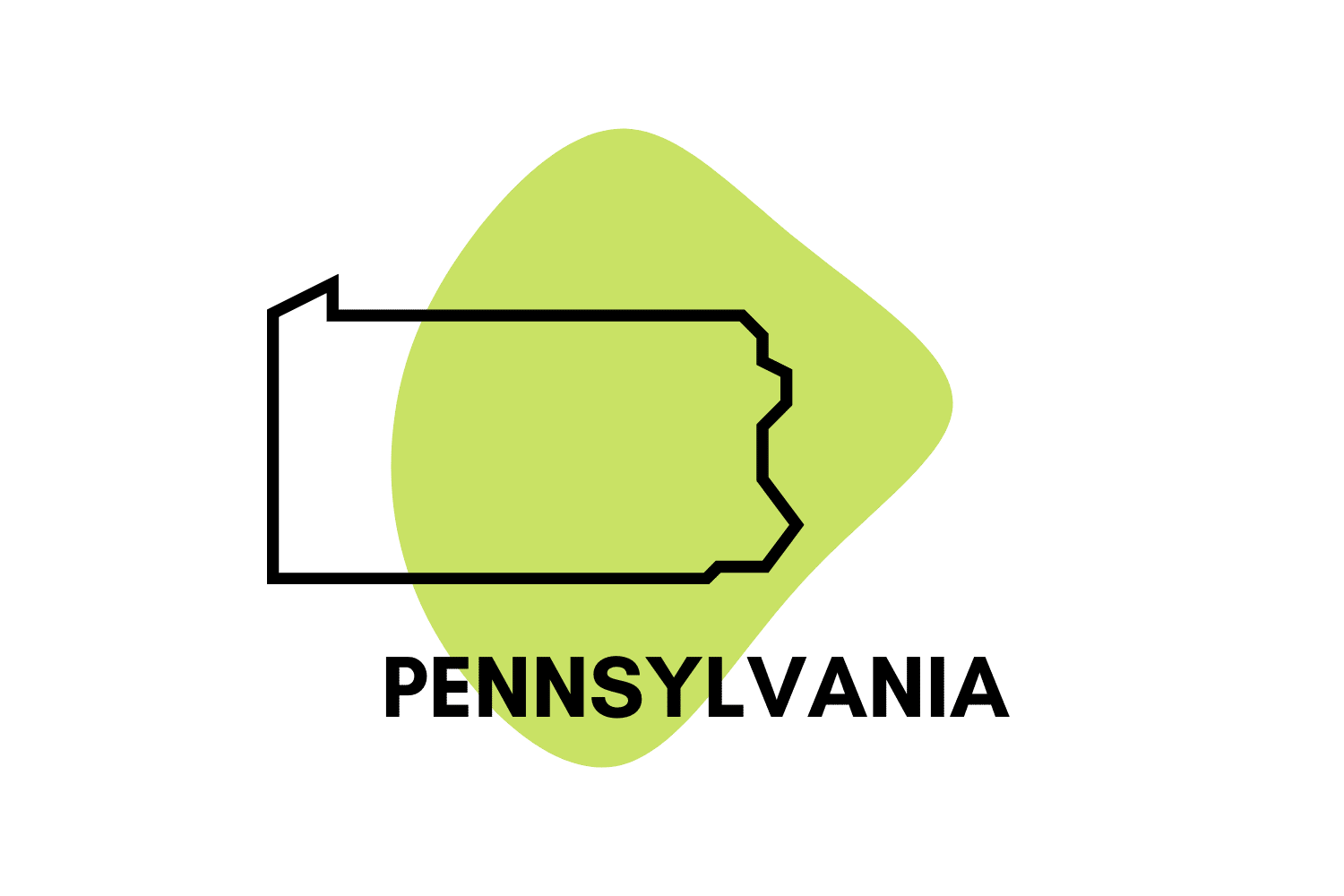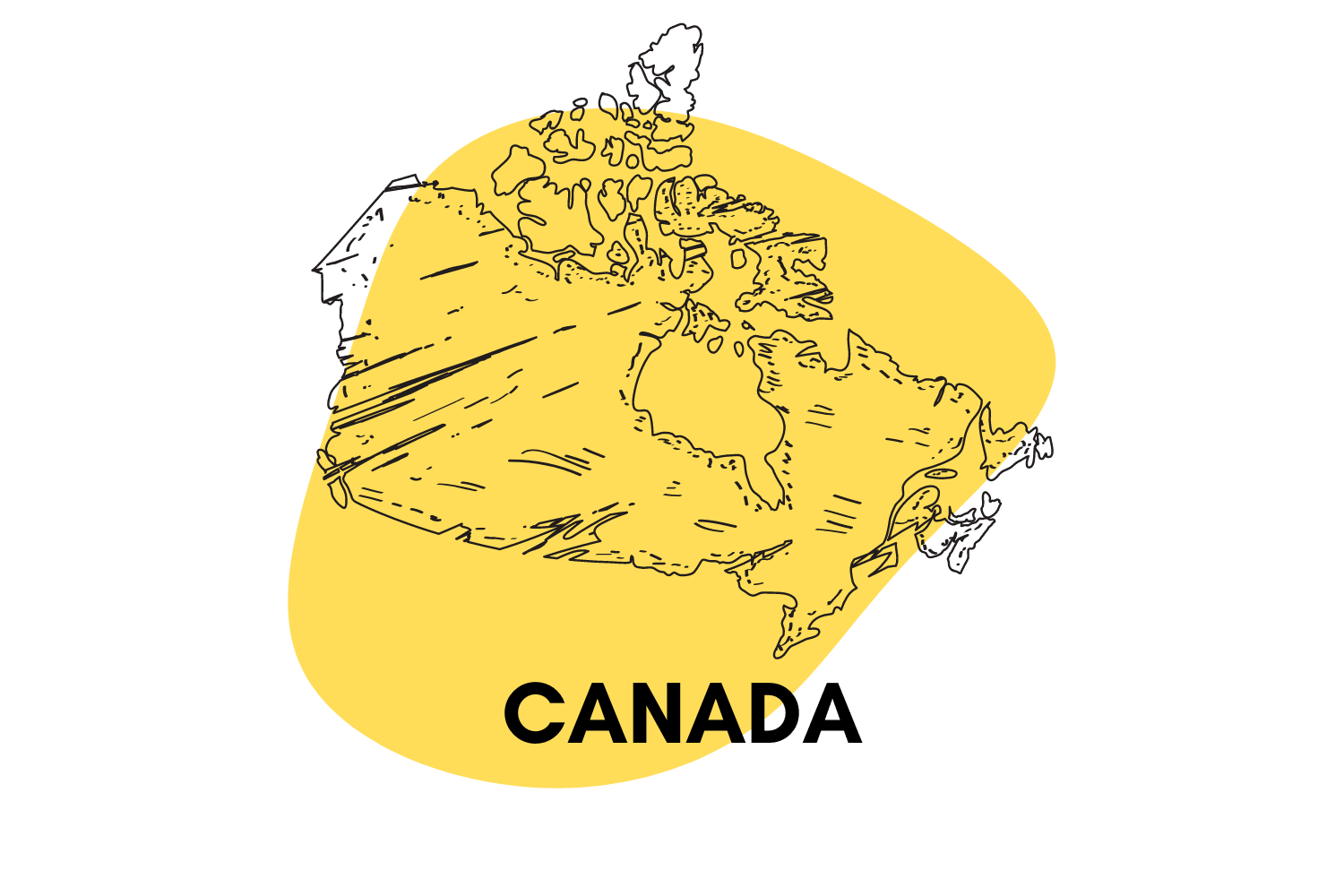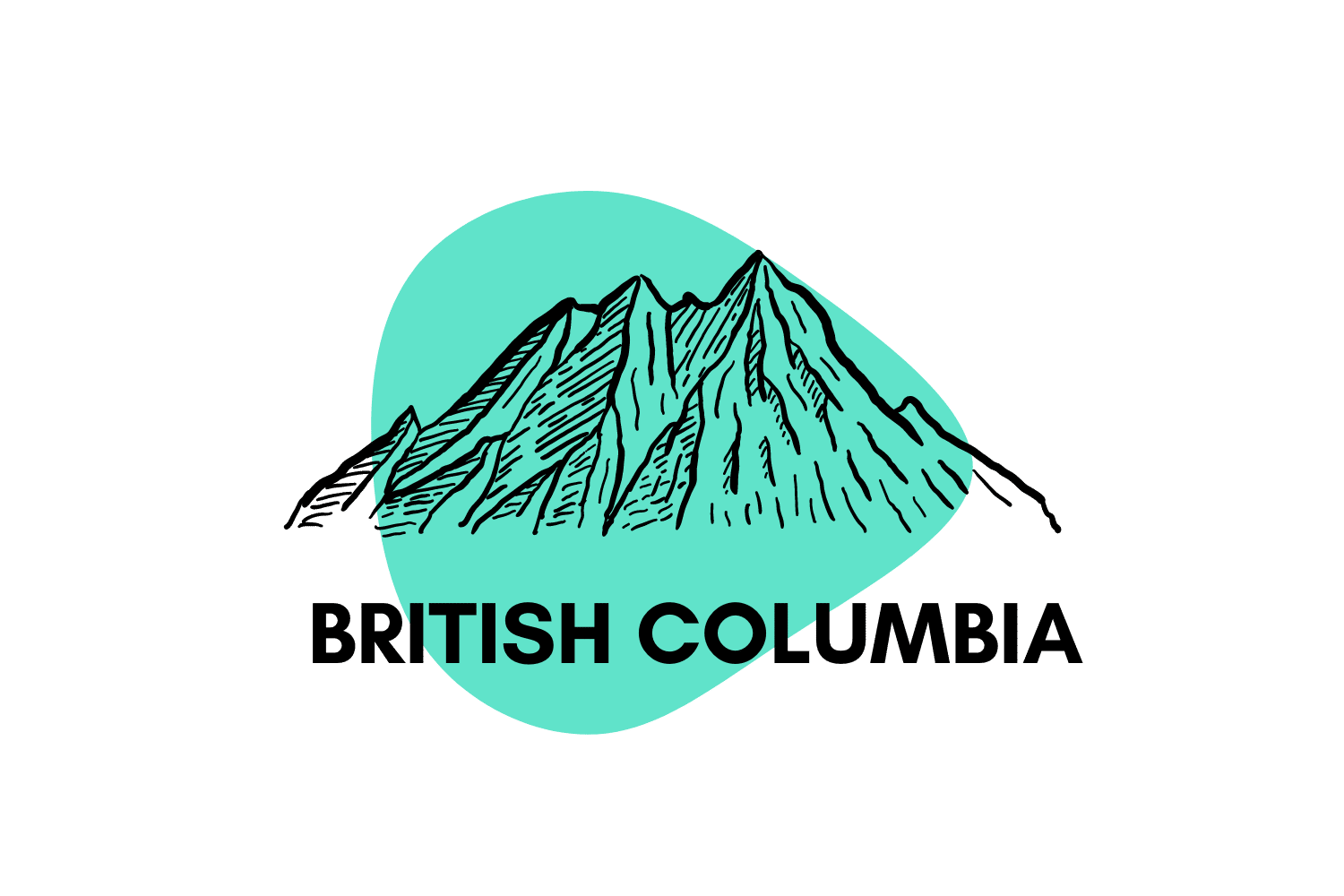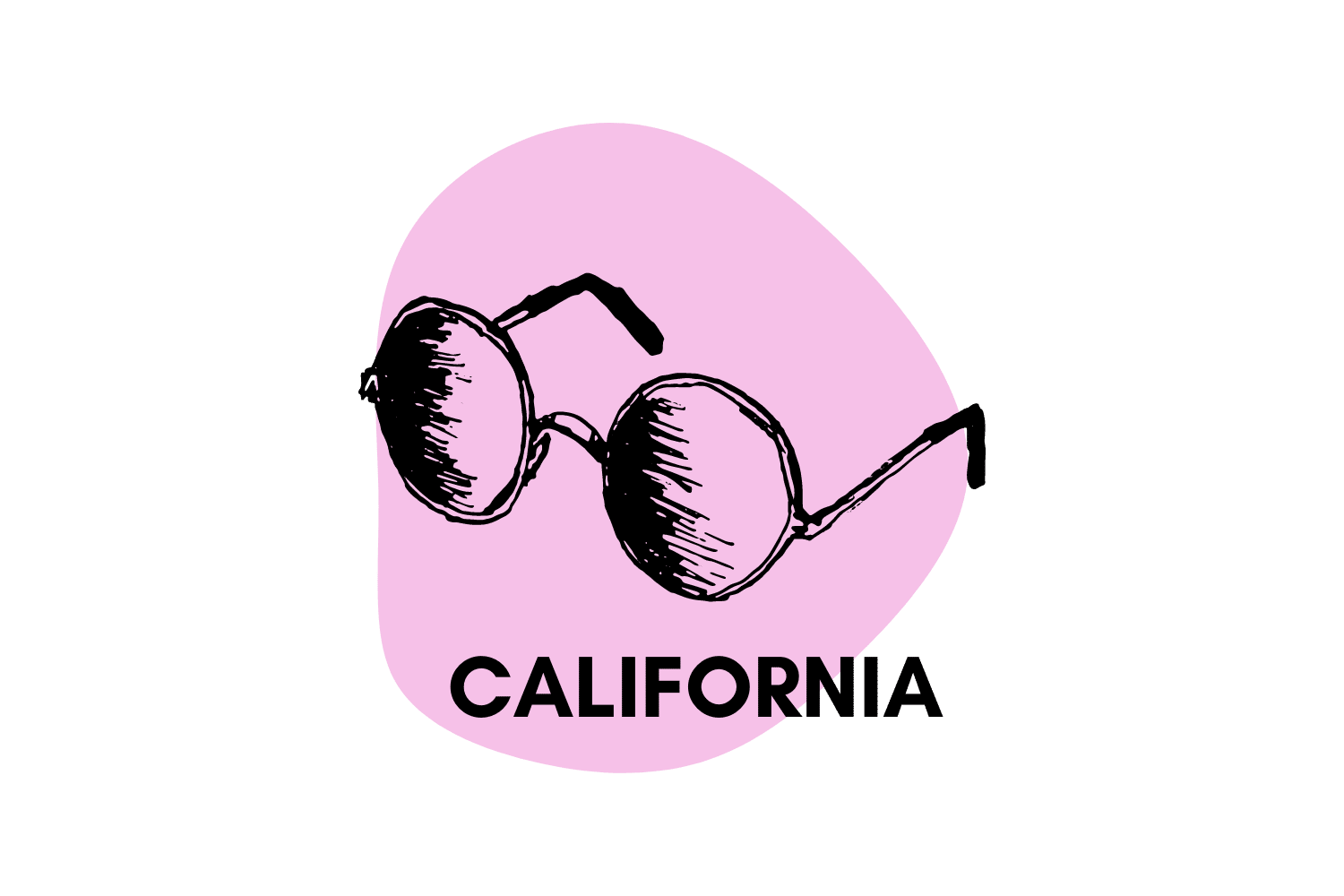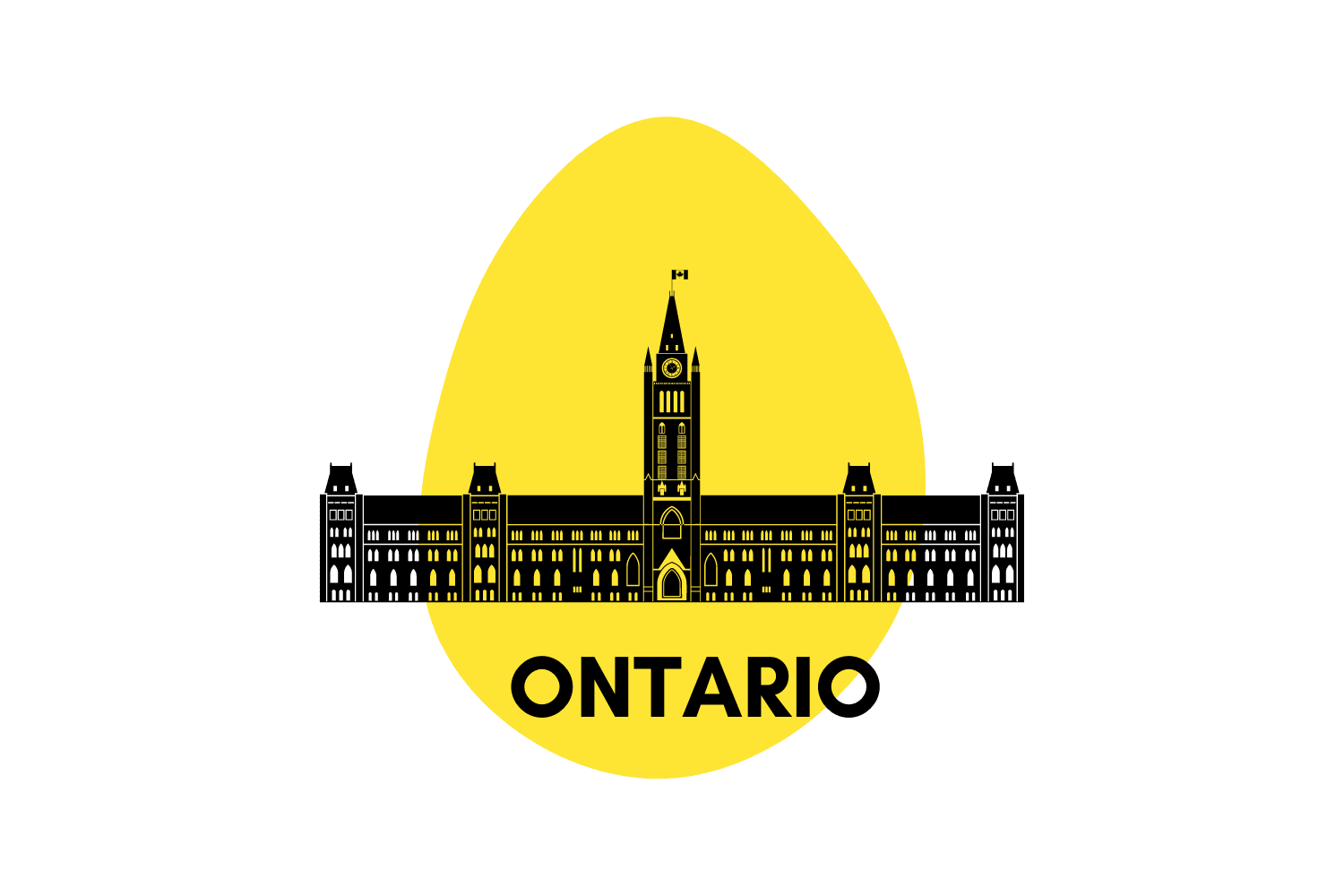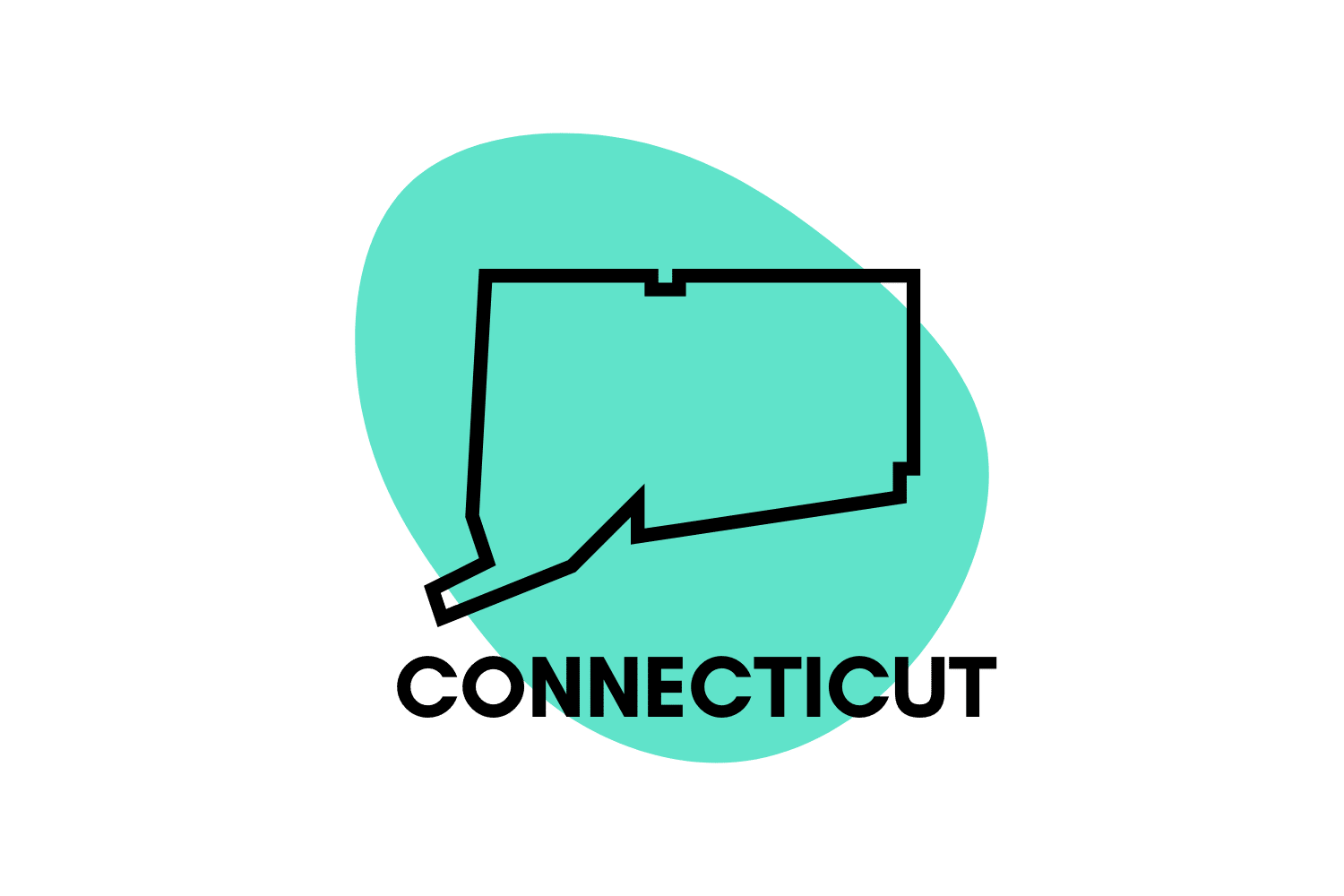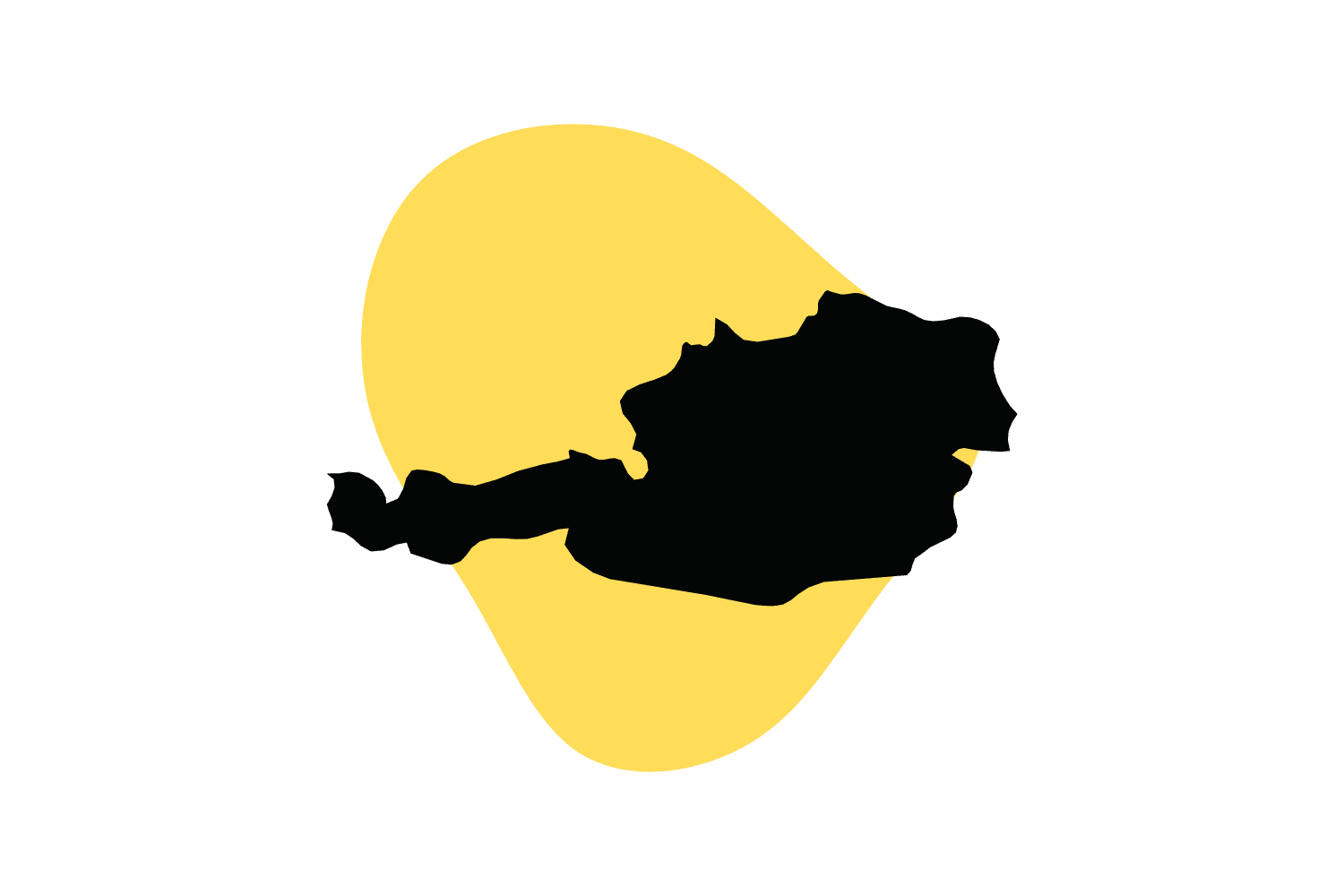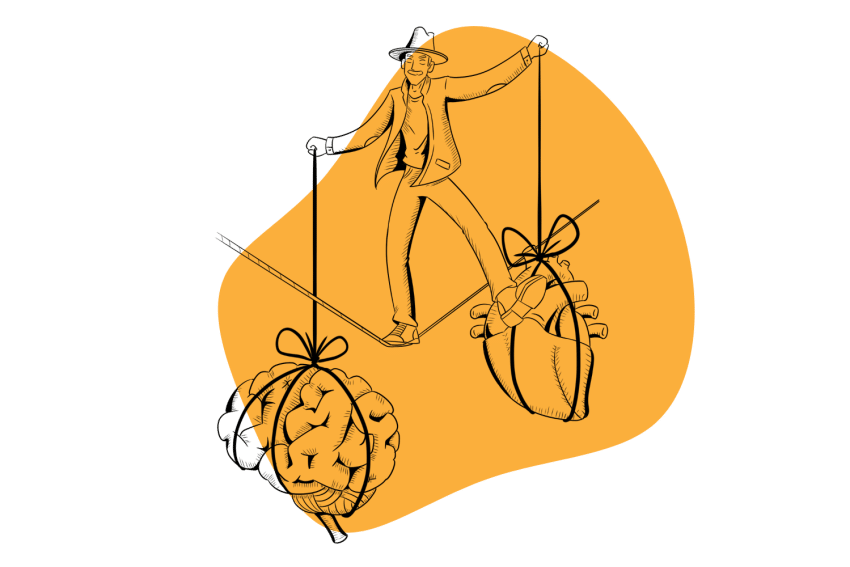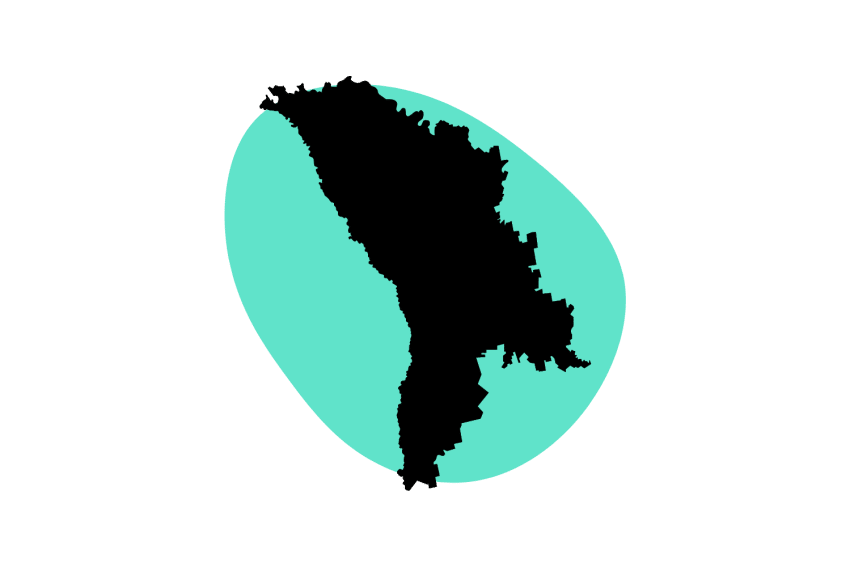Psychedelic Drug Laws in Switzerland: A Novel Approach
All eyes should be on Switzerland and its ground-breaking approach to drugs 👀
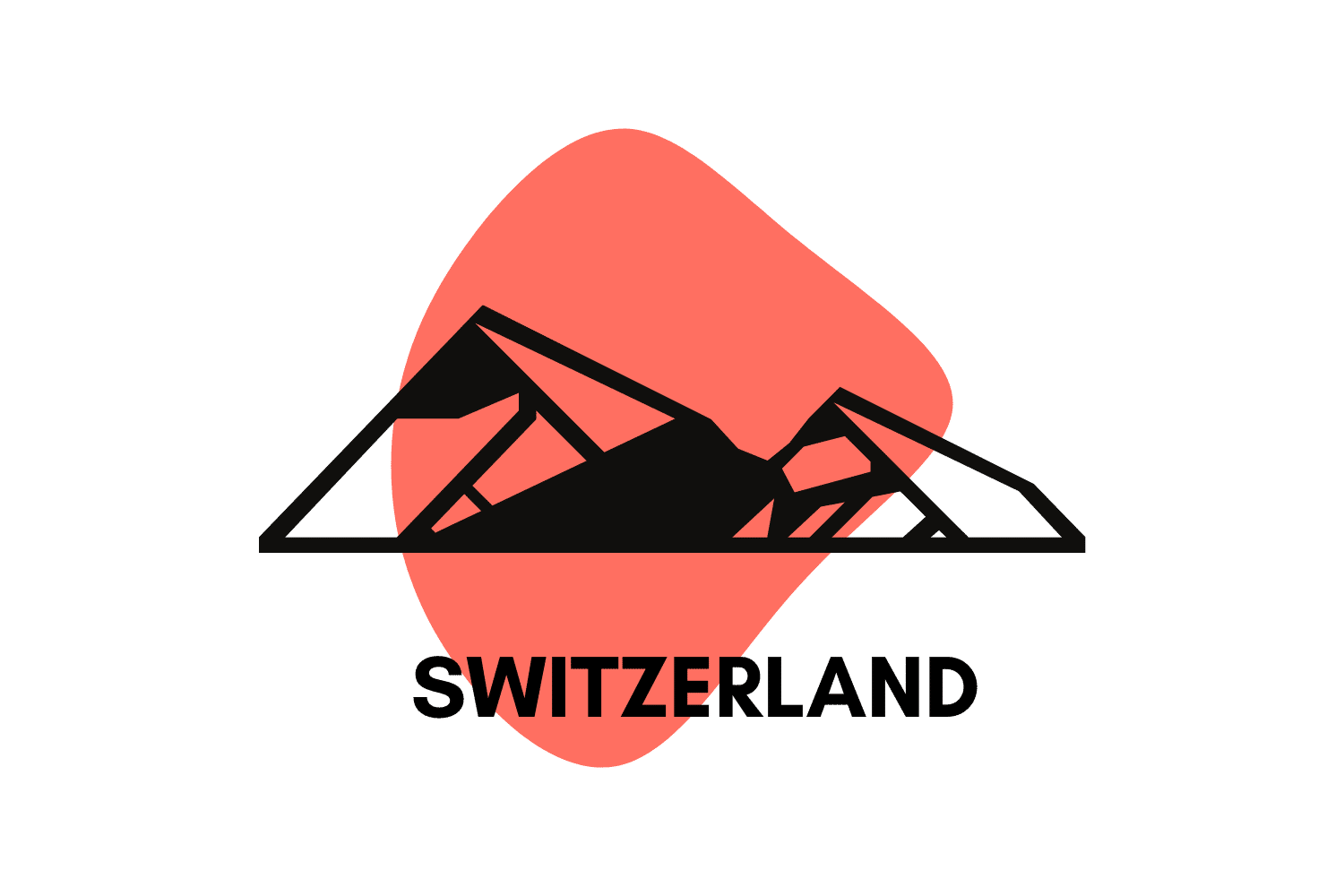
Most countries take a strong stance against psychoactive substances — dishing out heavy penalties for possessing even small amounts.
However, Switzerland has taken a different route — not just for controlled substances but for crime in general.
Here’s a look at how Switzerland handles magic mushrooms and other drugs.
Summary: Drug Policy Reform in Switzerland
- Psychedelics are illegal but decriminalized in Switzerland (fines may apply).
- Switzerland focuses on treatment rather than punishment.
- Marijuana is legal for medical use only.
- Switzerland was the first country to open drug consumption rooms, a safe and sterile environment for users.
- Transferring, trafficking, manufacturing, etc., is up to 3 years in prison. A grave narcotics offense is 2-10 years in prison.
- Opium, heroin, hallucinogens, and hemp to extract narcotics or hash cannot be cultivated, imported, manufactured, or sold.
Sources
- Switzerland’s Drug Policy
- Federal Act on Narcotics and Psychotropic Substances
- Excerpt from Narcotics Act
Switzerland’s Unique Approach to Drugs
In 1991, Switzerland’s drug policy went into effect, shocking parts of the world with its extreme attempt to cut down on overdose deaths, crime, and HIV.
Research shows Switzerland’s drug program has succeeded greatly — reducing the likelihood of users resorting to criminal activity, contracting HIV, and overdosing on illicit substances [1].
The program managed to redirect most patients to alternative treatment rather than jail.
1. Focus on the Person, Not the Drug
A revision to the law in 2008 included a four-pillar approach based on the patterns of addiction.
The four pillars include:
- Health promotion, prevention, and early detection
- Therapy and counseling
- Harm reduction and risk minimization
- Regulation and enforcement
Switzerland now has centers where people can use heroin or other drugs in a sterile environment with medical staff nearby.
2. Lighter Penalties, More Help
In 2016, Swiss health minister Alain Berset said, “The human and not the drug must be placed at the center of current thinking.”
This has been the philosophy that shaped Switzerland’s drug policies.
The penalties associated with possession and use of a controlled substance are relatively minimal — but that’s where things get tricky.
Switzerland’s leniency towards crime is based on the pretense that time served does more harm than good. For example, premeditated murder can get you a minimum of ten years in prison with a chance for conditional release after fifteen.
What About Psychedelics & Other Drugs?
This leniency carries over to drugs; while they’re illegal, the penalties are light compared to other countries, and Swiss courts heavily consider things like intent.
According to Article 8 of the Federal Act on Narcotics and Psychotropic Substances, the following are classified as controlled substances:
- Opium for smoking and the residues created in its production or use
- Diacetylmorphine and its salts;
- Hallucinogens such as lysergide (LSD 25);
- Narcotics containing an effective concentration of cannabinoids
Penalties for Drug Use & Possession
Under Article 19b of the same Act, possession or consumption might not be punishable if small amounts are involved. Unfortunately, it doesn’t say what qualifies as a “small amount,” except for cannabis (10 g or less).
Consuming a narcotic without authorization is liable to a fine. Minor cases might result in a citation, the fine might be waived, or there might be no court proceedings. The prosecution might be waived if the offender agrees to supervised care.
Monetary fines are based on the offender’s personal and economic circumstances and are divided into a daily penalty unit. This usually costs 30-3000 francs (about $34 – $3390).
Custodial sentences (or jail time, as we call it in the US) are usually no more than three years for misdemeanors, and those harsher sentences are reserved for drug trafficking and more severe drug crimes.
Are Magic Mushrooms Legal in Switzerland?
Magic mushrooms are illegal but decriminalized in Switzerland.
Personal use of a small amount of an illegal substance is an infraction. However, each canton determines what quantity qualifies as small.
Related: Where Are Magic Mushrooms Legal?
Map of Mushroom Decriminalization in Europe
Where to Buy Magic Mushroom Spores in Switzerland
Magic mushroom spores do not contain psilocybin and are not explicitly prohibited by law. However, cultivation remains illegal.
You can order magic mushroom spores from European vendors and have them delivered legally to your address in Switzerland. Most spore shops are based out of Amsterdam, where magic mushrooms are legal to cultivate.
A few companies worth checking out if you’re interested in buying spores include The Magic Mushroom Shop or Mushroom Prints.
Do Magic Mushrooms Grow Wild in Switzerland?
In Switzerland, you can find many species of psychedelic mushrooms.
You might be able to find liberty caps (Psilocybe semilanceata), Psilocybe cyanescens, and Pluteus salicinus.
The best places to look for magic mushrooms are around temperate forests near lakes or streams. You can also find mushrooms around pastures and in local parks or gardens that use mulch or manure as fertilizer.
What Are the Medicinal Uses of Shrooms?
Psilocybin mushrooms have been shown to treat a variety of psychological and physical conditions. While we need more research to explore precisely how psilocybin works, the evidence so far is promising enough for the FDA to declare it a “breakthrough therapy.”
Evidence-based benefits of psilocybin include the following:
Because shrooms are safe and show vast potential for treating mental health conditions, many states are considering changing their laws.
Related: Can Psychedelics Help With Problem-Solving?
Is LSD Legal in Switzerland?
LSD (lysergic acid diethylamide) is illegal in Switzerland.
LSD is illegal in most places, but studies show it is safe and has lasting benefits for those nearing the end of their life [3].
Numerous studies have confirmed the safety of using LSD — as well as many others providing clear evidence of health benefits, especially in the field of mental illness.
However, because LSD isn’t patentable, only philanthropists, NGOs, and government institutions have been willing to fund this research. Most companies are focusing on psilocybin and patentable psilocybin derivatives.
LSD and psilocybin work through the exact mechanisms and have been shown to offer comparable capacities for healing.
Related: Why Is LSD Illegal? The Surprising Backstory
Is MDMA Legal in Switzerland?
MDMA (ecstasy) is illegal in Switzerland.
However, its use and possession are minor offenses and carry the same penalties as magic mushrooms.
MDMA was once considered a dangerous drug, but its ability to treat depression makes it a crucial part of psychedelic-assisted psychotherapy.
There have been pilot studies of MDMA-assisted psychotherapy for PTSD, and the results are very promising [4].
Is DMT Legal in Switzerland?
DMT (dimethyltryptamine) is illegal in Switzerland.
Possessing and using DMT can get you fines or confinement, depending on the amount you have.
Even natural forms of DMT, including ayahuasca, are considered highly illegal here. There’s currently no movement seeking to change these laws in Switzerland.
Related: List of Plants that Contain DMT.
Is Ketamine Legal in Switzerland?
In Switzerland, ketamine is legal for medical use only.
It’s used as an analgesic, veterinary anesthetic, or in combination with psychotherapy. There are a few clinics that have recently been granted approval to use IV ketamine in the treatment of depression.
We expect to see more ketamine clinics opening up here soon as more research is published elucidating the effectiveness of ketamine and other psychedelics for healing mental illness.
What’s the Difference Between Legalization & Decriminalization?
While these terms are similar, there are vital differences between decriminalization and legalization.
Decriminalizing a substance reduces penalties and fines, but the substance remains illegal.
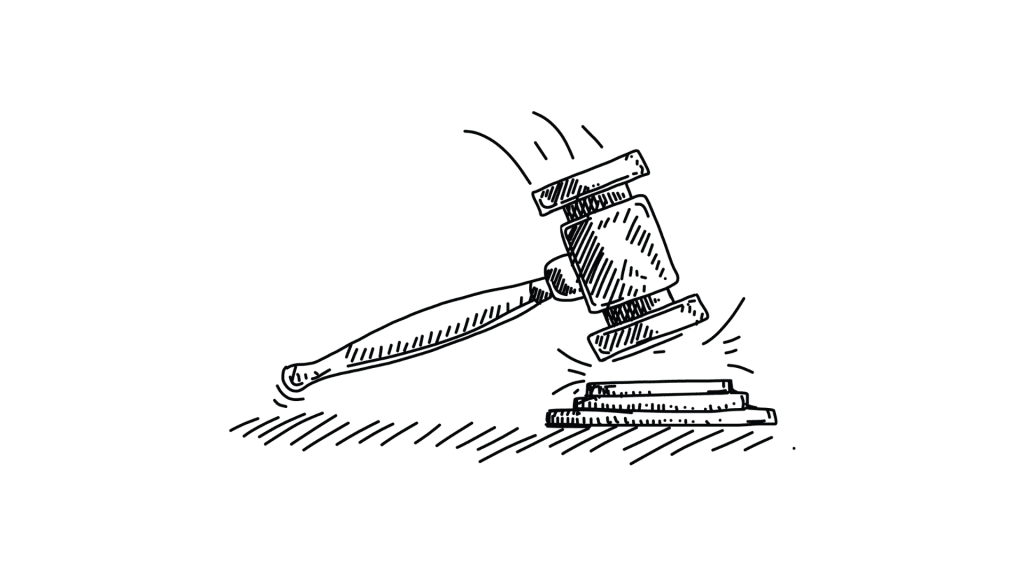
Legalizing a substance eliminates all penalties and fines and creates a legal market. The state no longer prosecutes the user.
Key Takeaways: What’s the Future of Psychedelics in Switzerland?
Switzerland took a risk by stepping outside the box in its drug approach. Its four-pillar approach (prevention, therapy, harm reduction, and law enforcement) has successfully lowered crime, overdose, HIV, and addiction.
For these reasons, it seems likely that Switzerland will be among the first European countries to legalize psychedelics with a low risk of harm. Hopefully, other countries are taking notes.
References
- Ribeaud, D. (2004). Long-term impacts of the Swiss heroin prescription trials on crime of treated heroin users. Journal of Drug Issues, 34(1), 163-194.
- 2. Daniel, J., & Haberman, M. (2017). Clinical potential of psilocybin as a treatment for mental health conditions. Mental Health Clinician, 7(1), 24-28.
- Gasser, P., Kirchner, K., & Passie, T. (2015). LSD-assisted psychotherapy for anxiety associated with a life-threatening disease: a qualitative study of acute and sustained subjective effects. Journal of Psychopharmacology, 29(1), 57-68.
- Doblin, R. (2002). A clinical plan for MDMA (Ecstasy) in the treatment of posttraumatic stress disorder (PTSD): partnering with the FDA. Journal of psychoactive drugs, 34(2), 185-194.

